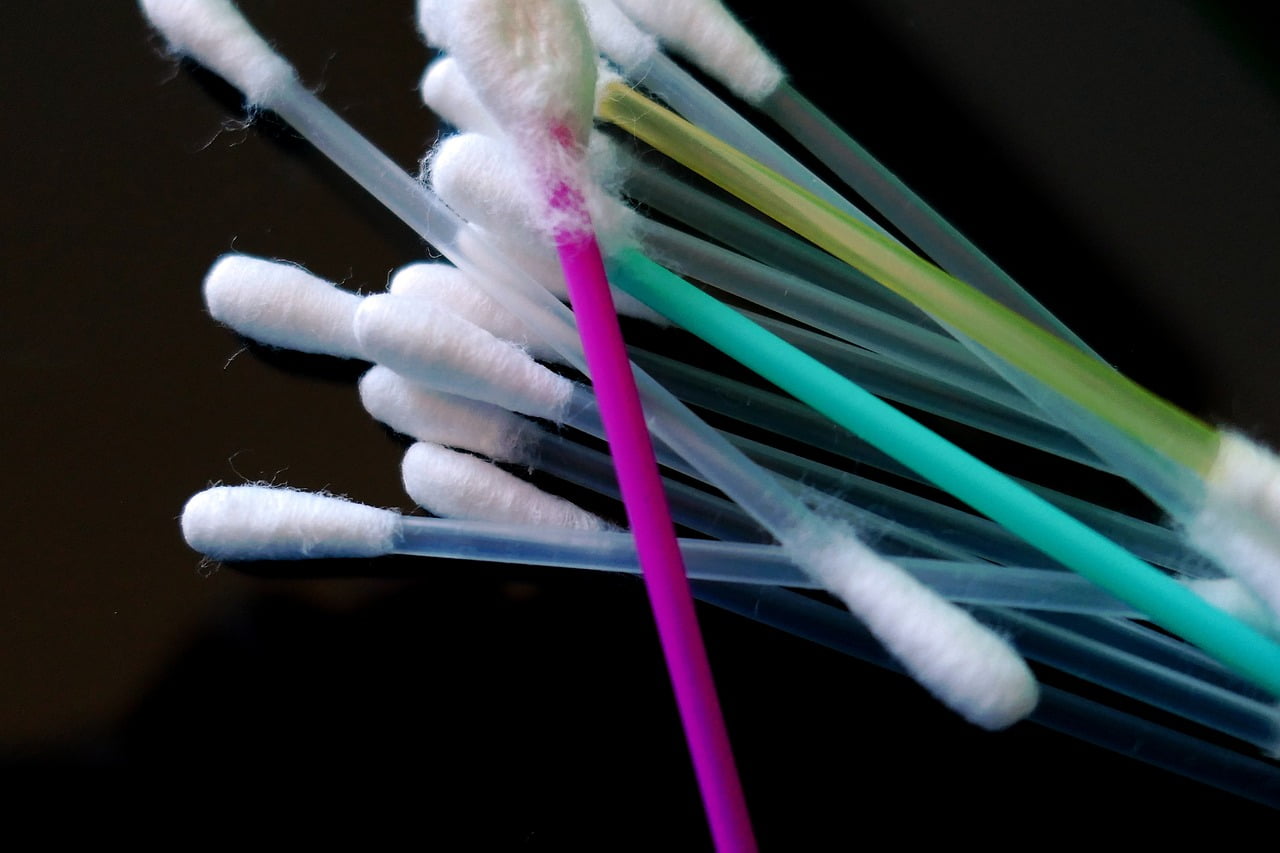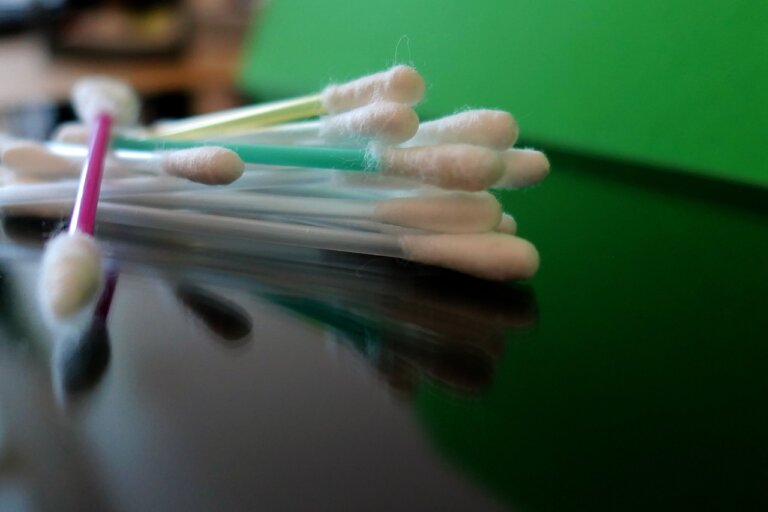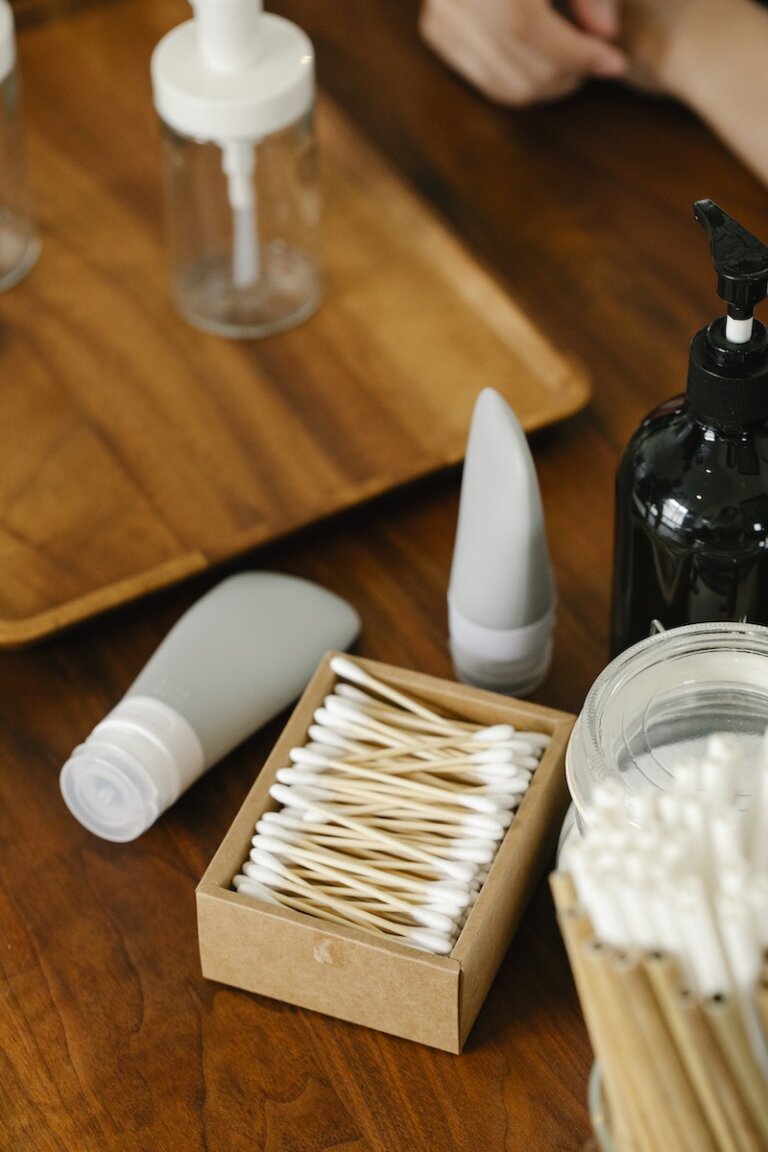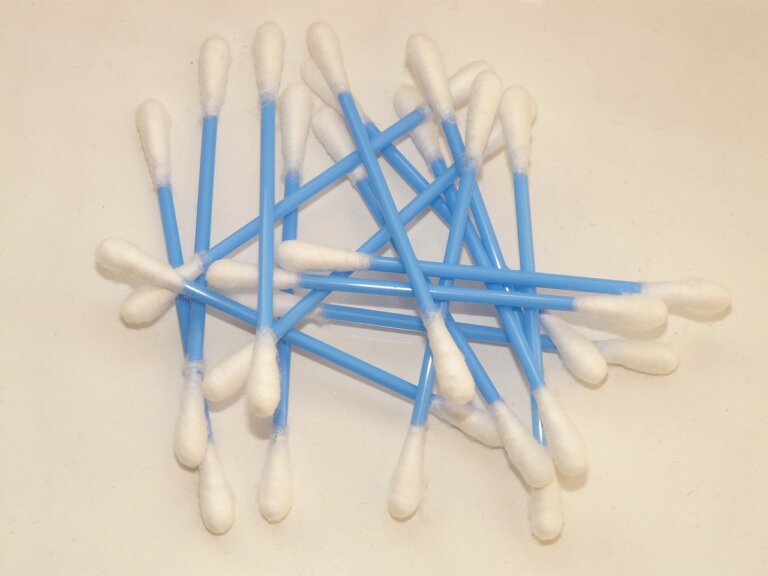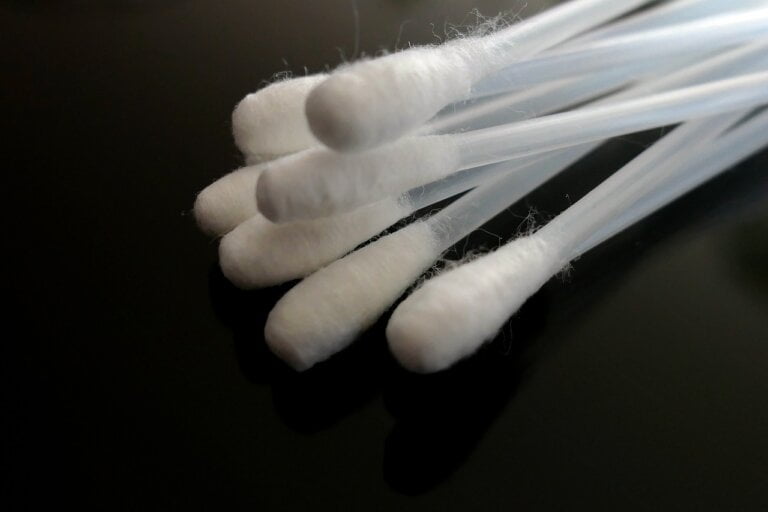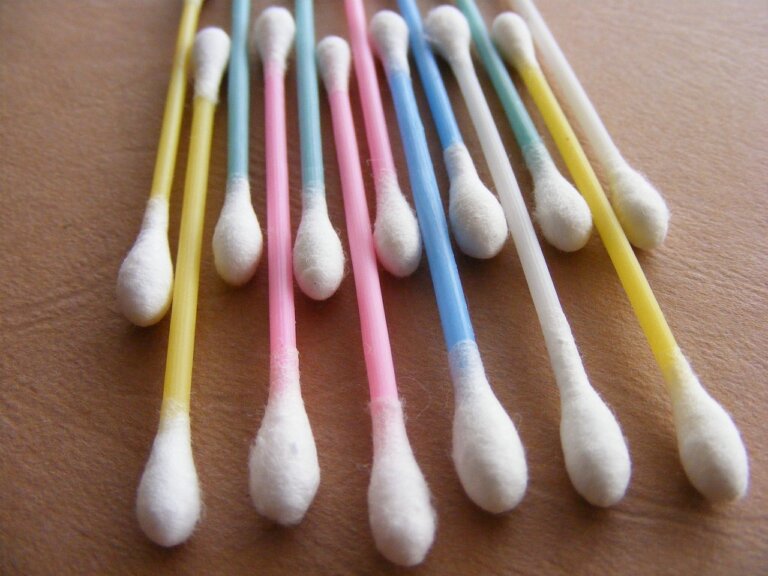Hearing Health Matters: Proactive Measures for Preventing Hearing Loss
Last Updated on 25th April 2024 by Admin
Hearing loss is a prevalent condition that can significantly impact an individual’s quality of life. It can affect communication, social interactions, and overall well-being. While some causes of hearing loss are unavoidable, there are several proactive measures one can take to protect their hearing and prevent potential damage. In this article, we will explore various strategies and habits that can help maintain optimal hearing health.
Understanding Hearing Loss
Before delving into preventive measures, it is essential to understand the different types and causes of hearing loss. There are two primary types of hearing loss:
- Sensorineural Hearing Loss: This type of hearing loss occurs due to damage to the inner ear or auditory nerve. It is often caused by exposure to loud noises, aging, genetics, or certain medications.
Sensorineural hearing loss is the most common type of hearing loss and is typically permanent. Excessive exposure to loud noises, such as loud music, machinery, or explosions, can damage the hair cells in the inner ear responsible for transmitting sound signals to the brain. Aging is another factor that contributes to sensorineural hearing loss, as the delicate structures of the inner ear naturally deteriorate over time. In some cases, genetics or certain medications can also play a role in causing this type of hearing loss.
- Conductive Hearing Loss: Conductive hearing loss occurs when there is a blockage or damage in the outer or middle ear. This can be caused by earwax buildup, fluid accumulation, ear infections, or structural abnormalities.
Conductive hearing loss is often temporary and can be caused by various factors. Earwax buildup is a common cause of conductive hearing loss as it can block the ear canal and prevent sound from reaching the eardrum. Fluid accumulation in the middle ear, often due to infections or allergies, can also interfere with sound conduction. Structural abnormalities, such as a perforated eardrum or malformation of the ear canal, can also lead to conductive hearing loss.
Understanding the different types and causes of hearing loss is crucial in implementing preventive measures effectively.
Proactive Measures for Hearing Health
By adopting the following proactive measures, individuals can significantly reduce their risk of developing hearing loss or slow down its progression:
1. Protect Your Ears in Noisy Environments
Exposure to loud noises is one of the most common causes of hearing loss. Whether it’s at a concert, construction site, or sporting event, it is crucial to protect your ears from excessive noise. Some effective methods include:
- Wearing Earplugs: Use high-quality earplugs or earmuffs specifically designed to reduce noise levels. They can significantly decrease the intensity of loud sounds while still allowing you to hear conversations and enjoy the event.
Investing in a good pair of earplugs or earmuffs is essential for anyone regularly exposed to loud environments. These protective devices create a physical barrier that reduces the amount of sound reaching your ears. Look for earplugs made from materials that offer high noise reduction ratings (NRR) for optimal protection. Earmuffs with built-in sound-canceling technology can also be a great option, as they actively block out loud noises while allowing you to hear softer sounds.
- Maintaining a Safe Distance: When attending loud events, try to maintain a safe distance from the source of loud noise. This distance can help minimize the impact on your hearing.
While wearing earplugs or earmuffs is crucial in noisy environments, maintaining a safe distance from the source of loud noise can provide an additional layer of protection. As sound intensity decreases with distance, moving away from the primary sound source can significantly reduce the risk of damage to your ears. Whenever possible, find a spot that allows you to enjoy the event while keeping a safe distance from the speakers or other sources of loud noise.
- Limiting Exposure Time: If you are regularly exposed to loud noises, such as in a workplace or recreational setting, it is important to limit your overall exposure time.
Prolonged exposure to loud noises can increase the risk of hearing damage. Set boundaries for yourself and try to limit the time you spend in noisy environments. For example, if you work in a noisy environment, take regular breaks in quieter areas to give your ears a chance to rest and recover. Additionally, avoid participating in activities that involve continuous exposure to loud noises for long periods.
2. Limit Exposure to Loud Music
Listening to music at high volumes, whether through headphones or speakers, can cause irreversible damage to your hearing. To protect your ears while enjoying your favorite tunes, consider the following:
- Use Noise-Canceling Headphones: Investing in noise-canceling headphones can help block out background noise, allowing you to enjoy music at lower volumes without compromising sound quality.
Noise-canceling headphones are designed to actively reduce ambient sounds, allowing you to listen to music at lower volumes while still enjoying good sound quality. By blocking out external noise, these headphones eliminate the need to turn up the volume to drown out background sounds. This can significantly reduce the risk of damaging your hearing. Look for headphones with active noise cancellation technology for the best results.
- Follow the 60/60 Rule: When using headphones, aim to listen at no more than 60% of the maximum volume for no more than 60 minutes at a time. Taking regular breaks can give your ears a chance to rest and recover.
The 60/60 rule is a guideline recommended by experts to protect your hearing while using headphones. It suggests keeping the volume level below 60% of the maximum volume and limiting continuous listening to no more than 60 minutes. Following this rule helps prevent excessive exposure to loud music and gives your ears regular breaks to recover from any potential damage. Set volume limits on your devices or use apps that monitor and notify you when you reach the recommended threshold.
- Choose Over-the-Ear Headphones: Over-the-ear headphones are generally considered safer for your hearing compared to in-ear headphones.
In-ear headphones, also known as earbuds, can pose a higher risk of hearing damage due to their close proximity to the eardrum. The sound produced by in-ear headphones is directed straight into the ear canal, potentially causing higher sound pressure levels. Over-the-ear headphones, on the other hand, provide a more spacious listening experience and distribute sound over a larger area, reducing the risk of direct exposure to high-intensity sound.
3. Maintain Ear Hygiene
Keeping your ears clean and free from excessive earwax is essential for optimal hearing health. Here are some tips for maintaining ear hygiene:
- Avoid Using Cotton Swabs: Inserting cotton swabs or any other objects into your ears can push earwax deeper, leading to blockages and potential damage. Instead, clean the outer part of your ears with a soft cloth.
While it may be tempting to use cotton swabs to clean your ears, it is best to avoid doing so. Cotton swabs can push earwax deeper into the ear canal, potentially causing blockages or damaging the delicate structures of the ear. Instead, use a soft cloth or towel to clean the outer part of your ears. Gently wipe away any visible dirt or wax from the external ear without inserting anything into the ear canal.
- Seek Professional Help: If you are prone to excessive earwax buildup or are experiencing discomfort, consult a healthcare professional who can safely remove the excess wax.
If you are experiencing symptoms of excessive earwax buildup, such as earache, muffled hearing, or a feeling of fullness in the ear, it is advisable to seek professional help. A healthcare professional, such as an audiologist or ear, nose, and throat (ENT) specialist, can safely remove the excess wax using specialized tools or techniques. They can also provide guidance on ear hygiene and recommend preventive measures based on your specific needs.
4. Stay Healthy and Active
Maintaining overall physical health is crucial for preventing hearing loss. Here are some lifestyle habits that can positively impact your hearing health:
- Exercise Regularly: Engaging in physical activity promotes healthy blood circulation, including in the ears. This can help ensure the delivery of essential nutrients and oxygen to the auditory system.
Regular exercise has numerous benefits for overall health, including promoting healthy blood flow throughout the body. Adequate blood circulation is essential for delivering vital nutrients and oxygen to the various parts of the body, including the ears. By incorporating regular exercise into your routine, you can enhance blood circulation to the auditory system and support optimal hearing health. Aim for at least 30 minutes of moderate-intensity exercise most days of the week.
- Eat a Balanced Diet: Consuming a diet rich in vitamins and minerals, particularly antioxidants, can support optimal hearing health. Include foods like leafy greens, fruits, nuts, and fish in your diet.
Nutrition plays a significant role in maintaining healthy hearing. Certain nutrients, such as vitamins A, C, and E, as well as minerals like magnesium and zinc, have been linked to improved hearing health and protection against age-related hearing loss. Include a variety of nutrient-rich foods in your diet, such as leafy greens, colorful fruits, nuts, and fish. These foods are known to be rich sources of antioxidants and essential nutrients that support overall well-being, including hearing health.
- Manage Chronic Conditions: Chronic conditions like diabetes and high blood pressure can contribute to hearing loss. It is essential to manage these conditions effectively through medication, lifestyle changes, and regular medical check-ups.
Chronic conditions, such as diabetes and high blood pressure, can have a negative impact on hearing health. Both conditions are associated with an increased risk of developing hearing loss. It is crucial to manage these conditions effectively through appropriate medical treatments, lifestyle modifications, and regular monitoring. By controlling your blood sugar levels, maintaining a healthy weight, and following your healthcare provider’s recommendations, you can significantly reduce the risk of hearing loss associated with these chronic conditions.
5. Get Regular Hearing Check-ups
Regular hearing check-ups are vital for early detection of any hearing loss or changes in hearing ability. Consider the following:
- Schedule Yearly Check-ups: Even if you believe your hearing is intact, it is beneficial to have regular check-ups with an audiologist or healthcare professional who specializes in hearing health.
Annual hearing check-ups are recommended for individuals of all ages, even if you haven’t noticed any significant changes in your hearing. These check-ups provide an opportunity to assess your hearing health and detect any early signs of hearing loss. An audiologist or hearing healthcare professional can perform various tests to evaluate your hearing abilities and identify any potential issues. Early detection allows for timely interventions and better management of hearing loss.
- Monitor for Warning Signs: Be attentive to any signs of hearing loss, such as difficulty understanding conversations, asking others to repeat themselves frequently, or experiencing ringing in the ears (tinnitus).
Being aware of the warning signs of hearing loss is essential in taking proactive measures. If you notice any changes in your hearing, such as difficulty understanding speech, frequently asking others to repeat themselves, or experiencing a persistent ringing or buzzing sound in your ears (tinnitus), it is crucial to seek professional help. These signs may indicate underlying hearing loss or other ear-related problems that require evaluation and appropriate management.
Conclusion
Taking proactive measures to prevent hearing loss can significantly contribute to maintaining optimal hearing health. By protecting your ears in noisy environments, limiting exposure to loud music, maintaining ear hygiene, staying healthy, and getting regular check-ups, you can reduce the risk of hearing loss and enjoy a life filled with clear and vibrant sounds. Remember, prevention is always better than cure when it comes to hearing health.
Q: What are the two primary types of hearing loss?
A: The two primary types of hearing loss are sensorineural hearing loss and conductive hearing loss.
Q: What causes sensorineural hearing loss?
A: Sensorineural hearing loss can be caused by exposure to loud noises, aging, genetics, or certain medications.
Q: What causes conductive hearing loss?
A: Conductive hearing loss can be caused by earwax buildup, fluid accumulation, ear infections, or structural abnormalities.
Q: How can I protect my ears in noisy environments?
A: You can protect your ears in noisy environments by wearing earplugs or earmuffs, maintaining a safe distance from loud noise sources, and limiting your overall exposure time.

